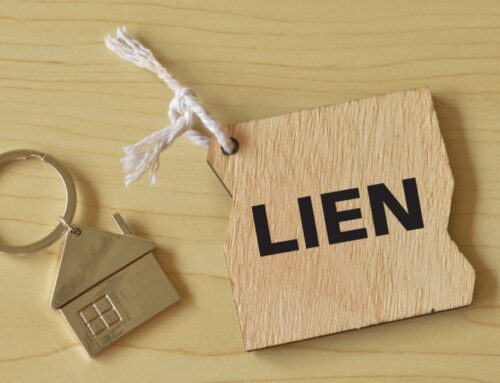Navigating the Closing Process: What to Expect
Closing the deal on your dream home or investment property is an exciting milestone in your real estate journey. However, the process leading up to the closing can be complex and intimidating, filled with paperwork, legalities, and financial transactions. In this blog post, we’ll walk you through the real estate sale closing process, breaking it down into manageable steps to ensure a smooth and successful closing.
Step 1: The Purchase Agreement
Before you reach the closing table, you must have a purchase agreement in place. This is a legally binding contract that outlines the terms and conditions of the sale. It includes the purchase price, contingencies, inspection timelines, and the closing date. Both the buyer and seller must sign and adhere to the terms outlined in this agreement.
Step 2: Earnest Money Deposit
Typically, as part of the purchase agreement, the buyer will provide an earnest money deposit. This is a show of good faith and demonstrates the buyer’s commitment to the purchase. The earnest money is held in an escrow account until the closing, where it’s credited towards the down payment or closing costs.
Step 3: Inspections and Contingencies
During this phase, the buyer conducts inspections, which may include a home inspection, pest inspection, and others as outlined in the purchase agreement. The buyer may also have various contingencies, such as securing financing or selling their current home. If any issues arise during this phase, negotiations may occur to address concerns and potential repairs.
Step 4: Title Search and Title Insurance
Before closing, a title search is conducted to ensure the property has a clear title, free from any liens or encumbrances. Title insurance is also obtained, protecting both the buyer and lender in case any title issues arise post-closing. These precautions ensure that the buyer has a clear and marketable title to the property.
Step 5: Financing Approval
The buyer secures a mortgage or financing during this step. The lender will perform an appraisal to determine the property’s value and verify the buyer’s financial stability. If everything checks out, the lender will provide a clear-to-close, indicating that the loan is approved for closing.
Step 6: Final Walkthrough
Just before closing, the buyer typically conducts a final walkthrough of the property to ensure it’s in the same condition as when the purchase agreement was signed. Any discrepancies discovered during this phase can be addressed before closing.
Step 7: Closing Costs
Both the buyer and seller incur closing costs, which can include attorney fees, recording fees, and title insurance premiums. Buyers will also pay lender fees, appraisal fees, and prepaid property taxes, among others. Sellers usually pay for the real estate agent’s commission and may cover a portion of the buyer’s closing costs as agreed upon in the purchase agreement.
Step 8: Closing Day
On the scheduled closing day, both parties meet to sign the necessary documents. The buyer pays the remaining down payment and closing costs. The title is transferred from the seller to the buyer, and ownership officially changes hands.
Step 9: Recording and Funding
After signing, the transaction is recorded with the county, making the change of ownership official. The lender then disburses the loan funds to the seller, and the buyer receives the keys to their new property.
Conclusion
The real estate sale closing process is a critical and often intricate step in the home buying or selling journey. By understanding and preparing for each phase, buyers and sellers can navigate the process with confidence and achieve a successful closing. It’s essential to work with experienced professionals, including real estate agents, attorneys, and lenders, to ensure a smooth and stress-free transaction. With the right guidance, you’ll soon be celebrating your new home or investment property. Selling your home to Highest Cash Offer is the easiest way to complete the home sale closing process. If you want to enjoy the stress-less way to sell a home, give us a call!







 Highest Cash Offer is a real estate solutions company. Our team of experts specialize in assisting homeowners with a wide variety of solutions to any real estate problem. Whether we buy your house for cash or not, our goal is to help you get the desired outcome you deserve.
Highest Cash Offer is a real estate solutions company. Our team of experts specialize in assisting homeowners with a wide variety of solutions to any real estate problem. Whether we buy your house for cash or not, our goal is to help you get the desired outcome you deserve.